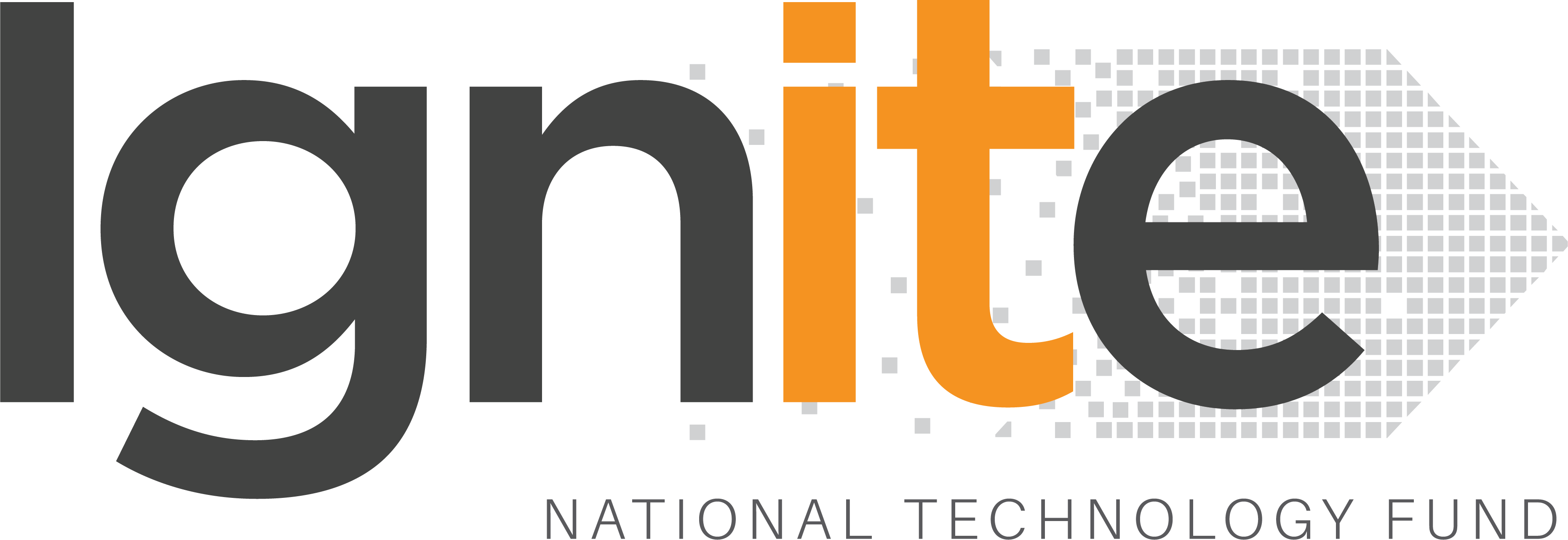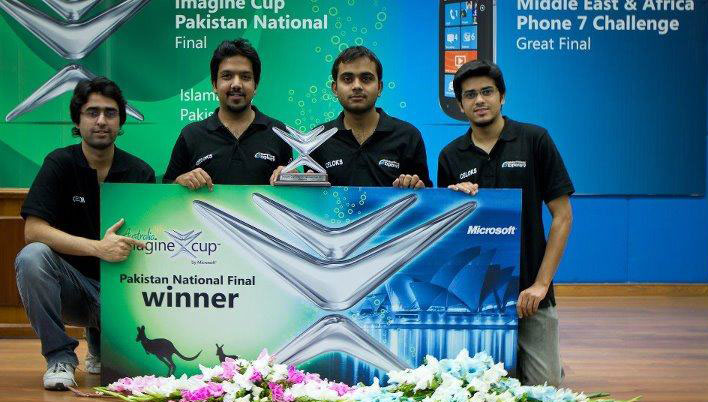Over the last century, rapid advancements in technology have brought many changes in society, especially related to how we live our lives and what we do for a living. Some jobs have been eradicated completely and many roles that required human resource have now been automated. This trend, it seems, will only continue to perpetuate even more so and at a greater speed compared to the past, as advancements in Artificial Intelligence (AI) continue to gain momentum.
At the very beginning of time as we know it, when humans existed on Earth, we had to hunt or gather food to survive, but given human intelligence and our propensity to seek convenience, we came up with tools and weapons to make this work simpler. Consequently, we have gone from sticks to ploughs to tractors and from preparing food manually to modern agriculture and factories producing food and meals ready to be eaten. In 1900, 40% of all US employment was agriculture-related – which stands at less than 2% today. The demand for food continues to grow yet the number of farmers continues to decline.
AI was formulated to create machines with intelligence, which would be able to learn, reason and solve problems just like human beings. Thus, the idea of having intelligent systems that work round the clock at minimal runtime cost came about which was not as feasible earlier when labour was cheap and building systems a lot more expensive. However, with the rate of growth of technology and huge drops in the cost of these systems, it has become more feasible to have AI systems in place of humans, which can carry out the same tasks with near to real precision with maximum efficiency.
AI has proved to be helpful in many fields for finding solutions and carrying out work that humans are unable to do. Scientists spent years coming up with some of the fundamental filters and AI constituting designs, but genetic programming/algorithms were able to do the same within hours, when given the same basics to start with. NASA uses genetic programming for evolving antennas for space and Pentagon uses it to devise optimal war strategies. Genetic programming helps Google and other search engines to provide the best search results. It helps engineers to come up with optimal/low-cost designs. It helps manufacturers produce low-cost products efficiently. The most optimal engine with the highest efficiency fuel consumption and fuel mix can also be attributed to AI. AI also helps in predicting disasters by providing timely information which helps save lives and preserve livestock. AI also helps with scheduling activities so as to efficiently utilize resources.
Visualize the following scenario, which could very well take place in the near future, where an AI-powered substitute may disrupt the courier industry worldwide:
You are sitting in a restaurant, thinking about a last-minute birthday present for a friend who you will meet later that day. Using your cellphone, you find something suitable via a web-based retailer and pay a slight premium for immediate delivery. You receive a notification via SMS that a drone will arrive shortly at a delivery port close to the restaurant where you are sitting. You move to the specified location and a drone comes and delivers the package after confirming your identity through your cellphone. Amazon made its first drone delivery on December 7, 2016. Most experts agree that this kind of online transaction and drone delivery represents the future, which will eradicate jobs in the courier industry.
Similarly, if we talk about the healthcare industry, most will agree that doctors and health professionals are by no means perfect and several cases of misdiagnosis occur frequently – some of which are fatal. Knowing how each drug will react with every other drug is beyond a human’s capacity. This is where research bots come in, which test thousands of drugs at a time. Doctor bots can read the latest in medical research, keep track of everything that is happening around the globe and make correlations that would be otherwise impossible to find without using these AI algorithms. IBM has a bot named Watson whose day job is to be the best doctor in the world by understanding what a patient says and give back accurate results. When doctor bots have evolved to a certain level, the need for physicians is likely to reduce drastically.
Similarly, in all other walks of life, the impact of AI will be felt soon enough. Technology is changing life as we know it. The AI 100 startups unveiled by CB Insights during the Innovation Summit 2017 to transform industries have raised $3.8B in cumulative funding across 263 deals since 2012. The companies in the AI 100 are fast-tracking research, improving efficiency and making many game-changing developments that will be felt for years to come.
Artificial intelligence and increase in automation is going to decimate middle-class jobs, worsening inequality and risking significant political upheaval, Stephen Hawking has warned. In a column in The Guardian, the world-famous physicist wrote that “the automation of factories has already decimated jobs in traditional manufacturing, and the rise of artificial intelligence is likely to extend this job destruction deep into the middle classes, with only the most caring, creative or supervisory roles remaining”.
Japanese insurance company Fukoku Mutual Life Insurance is making 34 of its employees redundant by replacing them with IBM’s Watson Explorer AI which will increase its productivity and see a ROI in less than two years.
The latest sign comes out of a Chinese factory in Dongguan City, China. The factory recently replaced 90% of its staff with machines, which led to a staggering 250% increase in productivity and a significant 80% drop in defects. The factory has automated machines, automated equipment in the warehouse and autonomous transport trucks. The factory was run by a staff of 650, which has now drastically reduced to 60.
The footwear giant Adidas has also announced moving a lot of its manufacturing back to Germany from Asia, as it makes a shift towards robot-only factories, thereby eliminating the need for human resource.
Some thought needs to be given to the huge population that will be unemployed in the future. What does the future hold for people in a world where artificial intelligence and robotics will dominate the workforce? We have been through economic and industrial revolutions in the past, but the AI revolution is quite different. The whole scenario is going to change and we need to come to terms with how we are going to adapt to this accordingly, as a race.



